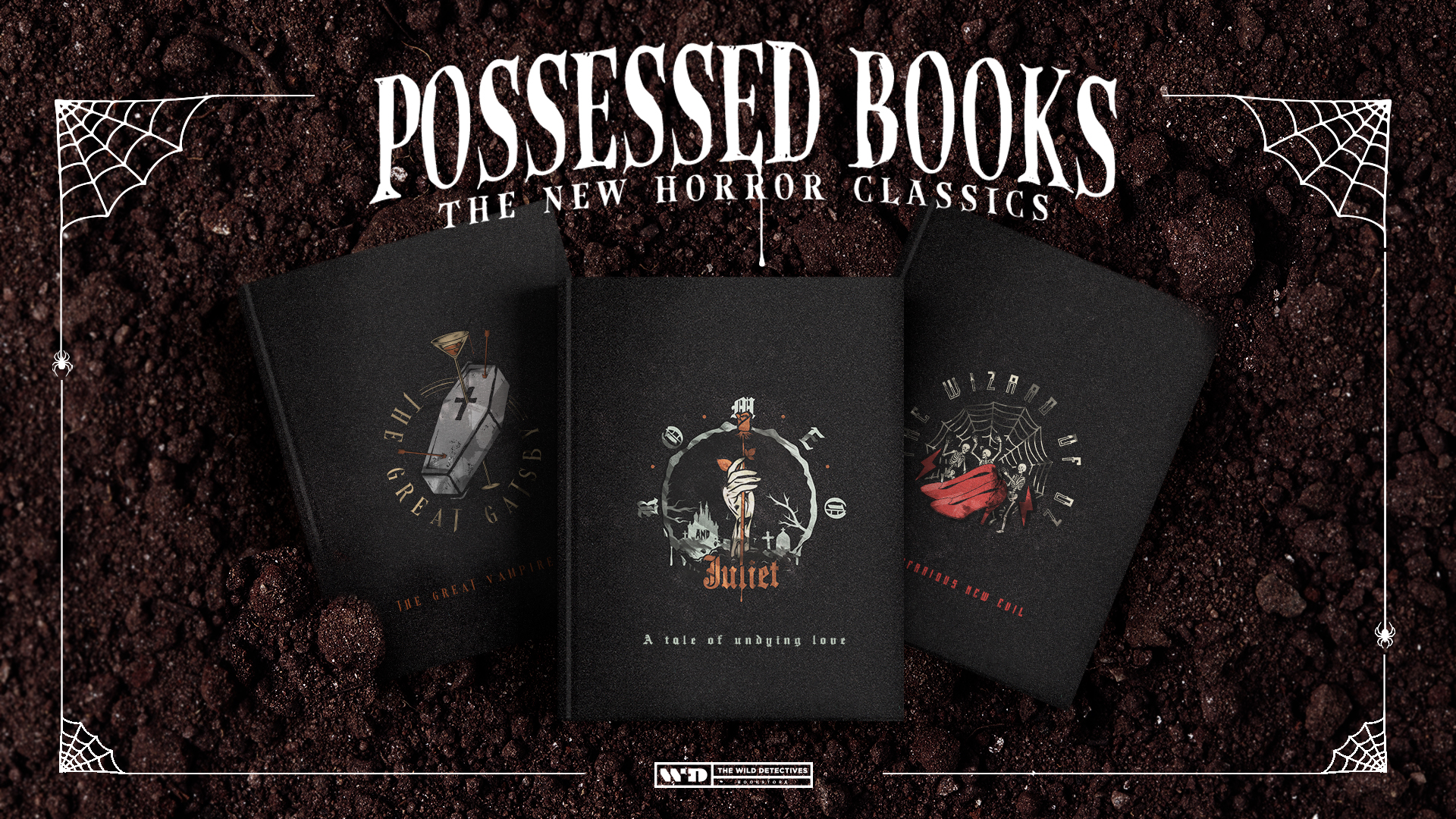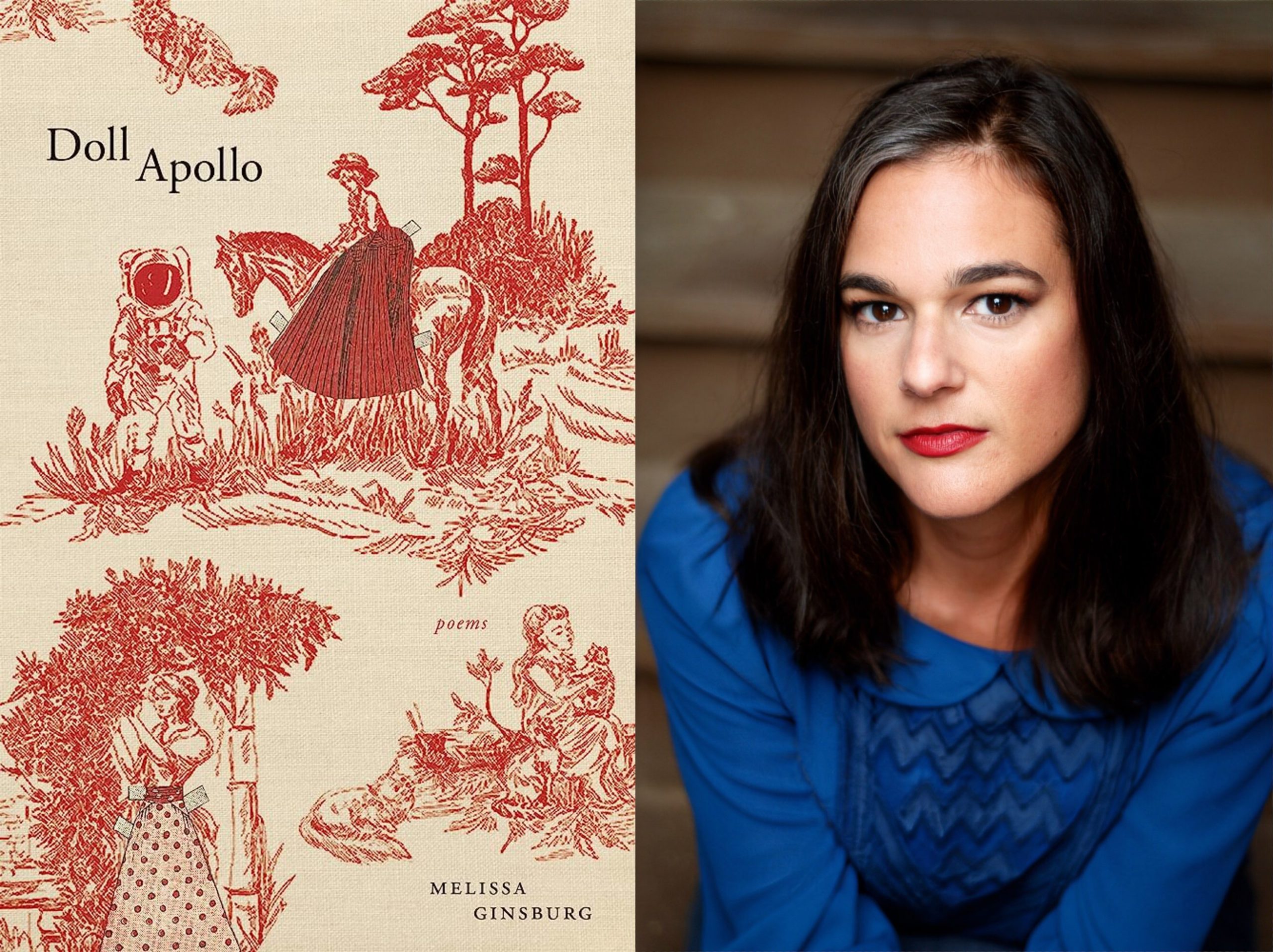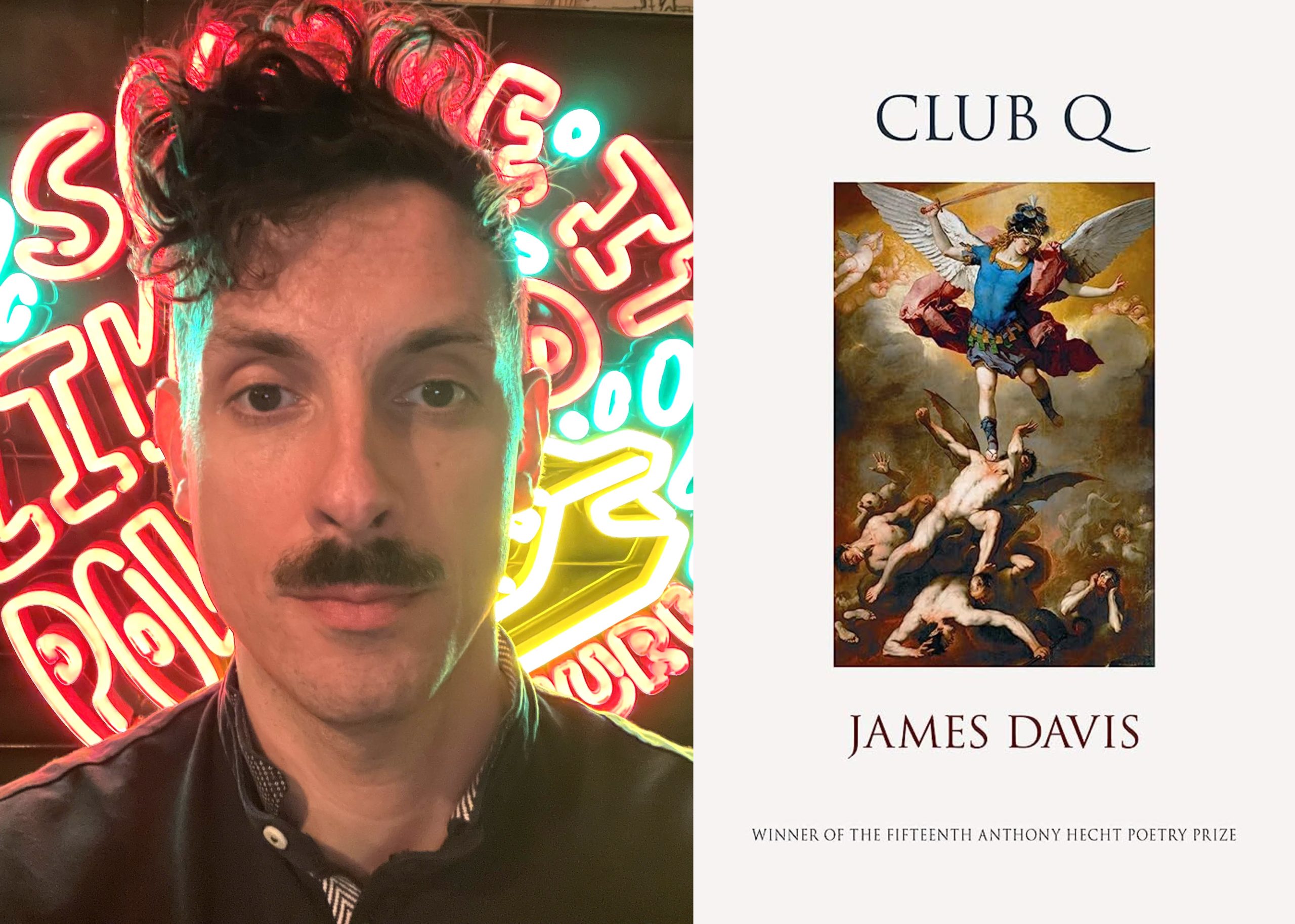Everyone knows writers are depressed. As a species we are invariably portrayed as near suicidal heavy drinkers and odd, chronic overthinkers who tug at our hair, howl at the moon, and cover ourselves in proverbial ashes. The world of literary respect seems to honor this heritage by giving critical consideration and praise only to authors who possess a flair for the tragic, and who keep humanity’s dying ember held on their tongues. Happy writing is relegated to the likes of the commercially packaged, pastel drenched Nicholas Sparks or, at best, the demure Jane Austen who insists on a neat and satisfying ending. We all want our light romances to end well, but the preponderance of respected literature is dealt a much heavier hand; serious literature must be serious.
This skew towards the grim and grave could tempt a reader to believe that the most universal of human emotions reside solely in the gloomy hall of the discontent and prompt writers to assume that they must glorify what is most gruesome and heartbreaking in the world in order to have their writing seen as having merit. Regardless of this external pressure some writers have gone on record bemoaning the agonies of writing itself, and at times their troubled struggle of putting pen to paper amplifies in their work. Though it might be tempting to pass the weightiness of literary fiction off on personalities alone, the art of writing demands a measured response to what has become a rather depressing and, what appears to be, purposefully troubling pattern.
Each era of writing has defined happiness in radically differing ways, and most are a direct reflection of the time and culture in which those writers lived. Whether it’s Paul Bunyan lauding the religious progress of the Pilgrim or Alan Ginsburg rejecting the prim, antiseptic past, authors are mandated to challenge what the majority aspires to and admires. Though their expression and focus change with the times, what always holds true is the dedicated passion with which authors criticize and examine the precepts of joy that have been handed down by previous generations. In an attempt to change the accepted norm and redefine what their art should accomplish, authors draw out and focus on the negatives of traditions, hoping that by showing what happiness isn’t and hasn’t been, that readers will be able to interpret and intuit what it should be.
Reading and writing are intended as our own fictional versions of Dorian Gray, allowing us to attempt new ways of life without risking our literal selves.
These stories of unhappiness are what cloud the literary landscape and expose the seamy underbelly of cultural discontent. They are purposeful, effective, and needed. And yet. As the hard and harder hitting societal appraisals accumulate and build over centuries of well-intentioned coverage, the gap between what experiences are joy-stealing and those that are joy-bringing only appears to widen, and our sense of happiness deprivation to deepen. The people who are supposed to articulate the philosophical answers to our systemic quandaries are falling prey to the punishing quagmire of their own making. Where are our authors who know and create happiness?
Defining happiness may be the issue. As Kant said, “Unfortunately, the notion of happiness is so indeterminate that although every human being wishes to attain it, yet he can never say definitely and consistently what it is he really wishes and wills”, and writers are far from exempt from this indecisiveness. Protagonists of some of our greatest and most beloved novels are often on just such a quest for fulfillment, and as our surrogates they seek out the answers we’re missing by chasing Cacciato, Moby Dick, and skirt. Reading and writing are intended as our own fictional versions of Dorian Gray, and these vicarious experiences operate as thought projects, allowing us to attempt new ways of life without risking our literal selves. That our imaginations fall short of shattering our illusions and freeing us to chase our happiness is the inherent flaw in the craft; if we never get out of our chairs, we never conquer our fears.
The truth that happiness is defined and pursued by each of us, for ourselves, lies between the destruction of what society tells us will make us happy and the acceptance of our inherent need to seek meaning. Perhaps this airy freedom is too difficult to articulate in stories that lack tragedy as counterweight, but, as a writer, how powerful and radical it would be to tell stories that are positive and insightful and authoritative, and which give hope where there is little to be found.
There has to be more. Personally, I like the beginning of Mary Ruefle’s poem Glory as a place to start. It says:
“The autumn aster, those lavender ones,
and the dark-blooming sedum
are beginning to bloom in the rainy earth
with the remote intensity of a dream. These things
take over. I am a glorifier, not very high up
on the vocational chart, and I glorify everything I see,
everything I can think of. I want ordinary men and women,
brushing their teeth, to feel the ocean in their mouth.”






